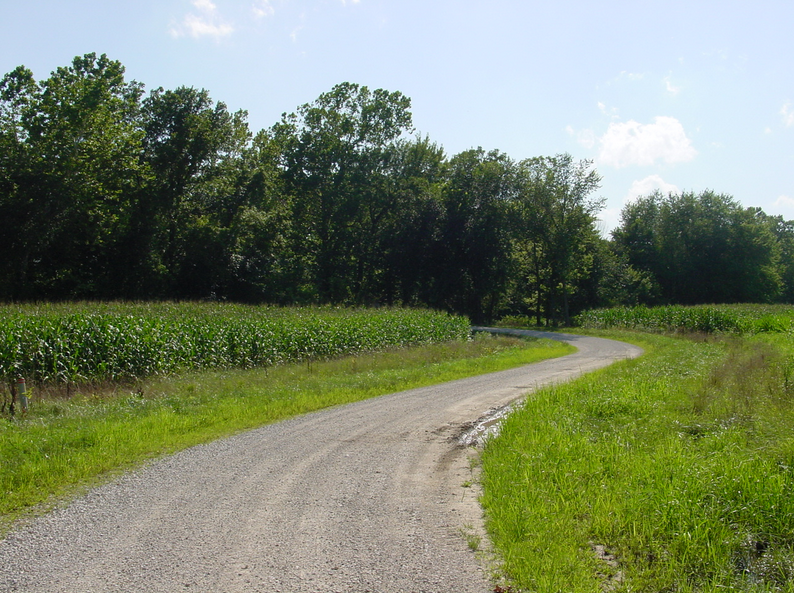Do you have a driveway, or even a small section of driveway, that crosses the property of another, that you use to access your home or other real estate? If so, you should make sure that you have a true legal right to access your property that way. This legal right can come in several different forms. One of which, is that you were deeded an easement for access when you bought the property. In many cases, that covers you, but in some instances, for one reason or another, there is a gap in the deeded easement or some other title defect that could be a problem for you. These problems most frequently arise in rural areas where, over time, there have been slight shifts in state roads, boundary lines, or simply the property has always been accessed that way and no one has ever questioned it. Sometimes it is a combination of those things. We have had a number of clients over the years who have dealt with access issues such as these. One option is to seek a court order establishing what the law calls a prescriptive easement. In it’s most basic form it stands for the fact that a particular access over the land of another has been used for over 20 years or more and in a particular manner for that period. If you can convince the court that your use of the access qualifies, then you may be able to obtain an order allowing you to use the land of another to access your property, even if the other land owner is not willing to deed you an easement for access. We have seen this come into play especially with old farm roads and timber roads. Ones that have been used for decades to access parcels of land that have no actual deeded access. It is when land owners attempt to sell these landlocked tracts of land that the access issue rears its head, and if you can’t resolve the access issue quickly, those sellers may lose out on a lucrative deal. If you think you might have an access issue to a piece of your real estate, don’t wait to resolve it. You never know when you may need to sell it and sell it fast.
The content of this Blog/Web Site does not constitute legal advice. Because legal advice must be tailored to the specific circumstances of each case and laws are constantly changing, you should seek the assistance of licensed and competent legal counsel for specific legal advice.


Leave A Comment